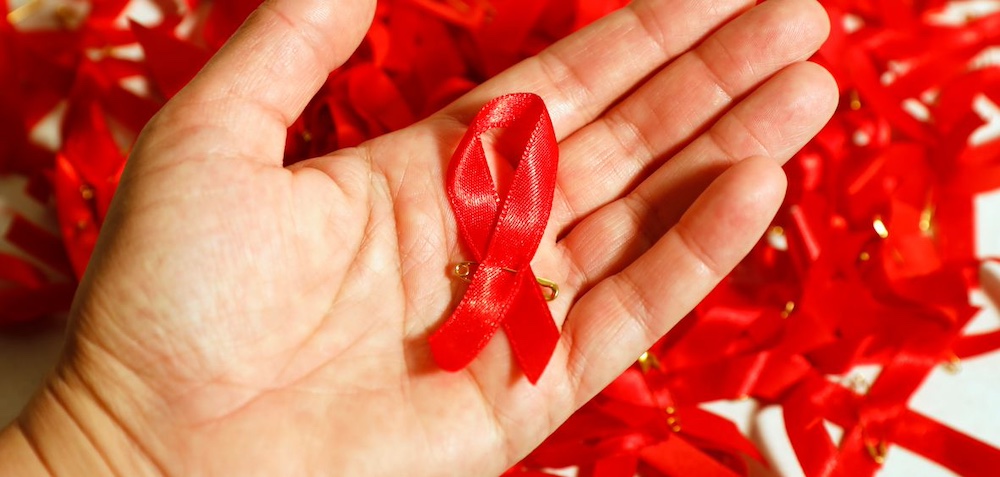
Report blasts Australia’s failing HIV response
BY ROBERT BURTON-BRADLEY
Australia’s response to HIV has stalled and lacks leadership and investment according to a critical assessment released by the nation’s leading HIV/AIDS groups, following a national rise in infections of eight percent.
According to the report Turning Political Will into Action, Australia’s once groundbreaking partnership approach to HIV has stalled and stagnated with a lack of communication, innovation and vision.
“Unfortunately, by 2012, the HIV partnership has been undermined by a lack of certainty, limited investment, ineffective communication, mechanisms and poor leadership,” the authors conclude.
“Australia’s HIV response has slowed and opportunities are being missed.”
The report is a blueprint for reinvigorating the Australian response to HIV and has been put together by a coalition of state and national health and advocacy groups committed to fighting the disease.
The report calls for better communication between government, health groups and researchers; improved access to faster testing and treatment on the PBS and the removal of legal and policy barriers.
It was created by the peak state and national HIV groups, including the Australian Federation of AIDS Organisations, Healthy Communities, the Australian Sex Workers Association, ACON, Positive Life NSW, National Association of People Living with HIV/AIDS and the Victorian AIDS Council.
The document builds on the Melbourne Declaration released last month and makes recommendations for reducing HIV transmission rates by 50 percent by 2015, in line with the United Nations global infection reduction goals.
“The UN Political Declaration is a significant international agreement… [and] presents all members of the Australian HIV partnership with an opportunity to address these challenges together,” the report states.
Federal Health Minister Tanya Plibersek launched the report and said work was already underway on improving access to rapid testing and making available PrEP for seriodiscordant couples.
Since the revelation that HIV infections had jumped, there has been almost no action from the federal government other than to allocate $13 million in funding to HIV research.
A spokesman for Plibersek said this funding went towards 23 National Health and Medical Research Council (NHMRC) grants focused on HIV.
“This funding will support research that will boost our knowledge of HIV,” a spokesman for Plibersek said.










